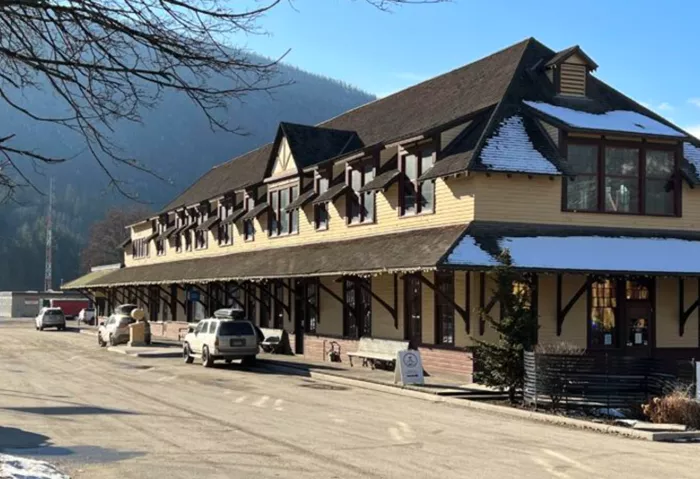The Nelson and District Chamber of Commerce is raising concerns about the potential impact of federal reductions in immigration and international study permits on local industries.
On November 22, the chamber sent a letter to Canada’s Minister of Immigration, Refugees, and Citizenship, outlining how the changes could affect the region, especially in its reliance on skilled workers and international students.
In October, Prime Minister Justin Trudeau announced plans to reduce the number of permanent residents allowed into Canada by at least 20 percent. This follows a 35 percent cut in international study permits earlier this year. The new immigration targets will drop from 500,000 to 395,000 in 2024, then further to 380,000 in 2026, and 365,000 in 2027. These cuts come after several years of significant increases in both permanent residents and temporary migrants to Canada.
The federal government argues that these measures will help stabilize population growth and ease pressure on the housing market. However, Tom Thomson, Executive Director of the Nelson and District Chamber of Commerce, believes the approach is too broad and fails to account for the specific needs of rural communities.
“We recognize the challenges that increased immigration has caused in housing markets and public services across the country,” Thomson said. “But small businesses and essential employers in our region depend heavily on graduates from programs in health care, business, and hospitality. The cuts could have a serious impact on our local labor market and our cultural identity.”
Impact on Rural Programs
In recent years, Nelson has participated in the Rural and Northern Immigration Pilot (RNIP), which Thomson says has been key to addressing workforce shortages and attracting skilled international workers. However, he fears the reduction in study permits could harm the success of this program.
“RNIP has helped students come to Canada, attend Selkirk College, and then find long-term employment here. These recent changes will have a significant impact on that program and other immigration efforts in our community, which could also affect Selkirk College,” Thomson said.
The federal government has also updated its classification system for “priority” students, limiting post-graduation work opportunities to those enrolled in specific, high-demand programs. Thomson highlighted that Selkirk College’s culinary arts program has been classified as non-priority, which could have serious repercussions for Nelson’s food and beverage industry, a key part of the local economy.
“Employers in the hospitality industry depend on these workers. International students who graduate from the culinary program are often filling jobs that have been hard to fill in the past,” Thomson said.
Calling for Rural Consideration
The Chamber has urged Minister Marc Miller to work with public colleges across the province to create a more balanced immigration system that doesn’t disproportionately affect rural institutions like Selkirk College. Thomson argued that the current “one-size-fits-all” approach overlooks the important role international workers and students play in local economies.
“There needs to be more consideration for rural communities. We’re different from urban areas and should be addressed in a way that reflects our unique needs,” Thomson said.
The Chamber’s letter calls for a more tailored immigration policy that supports the specific needs of rural communities and their economies.
Related topics:
- Utah Governor Backs Trump’s Bold Plan to Intensify Deportations of Criminal Immigrants
- Local Officials in Hot Water Over Immigration Policies
- Los Angeles County Prepares for Trump’s Return with Millions in Support for Immigrants and Transgender Residents


